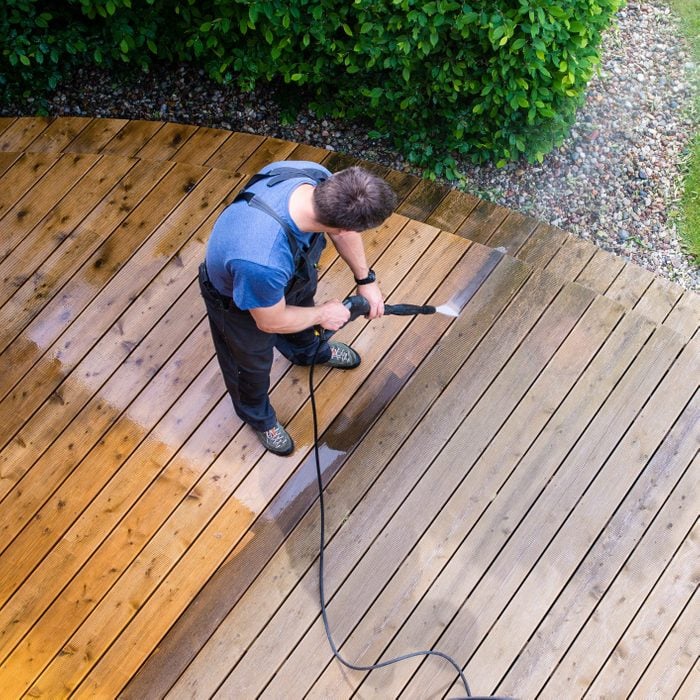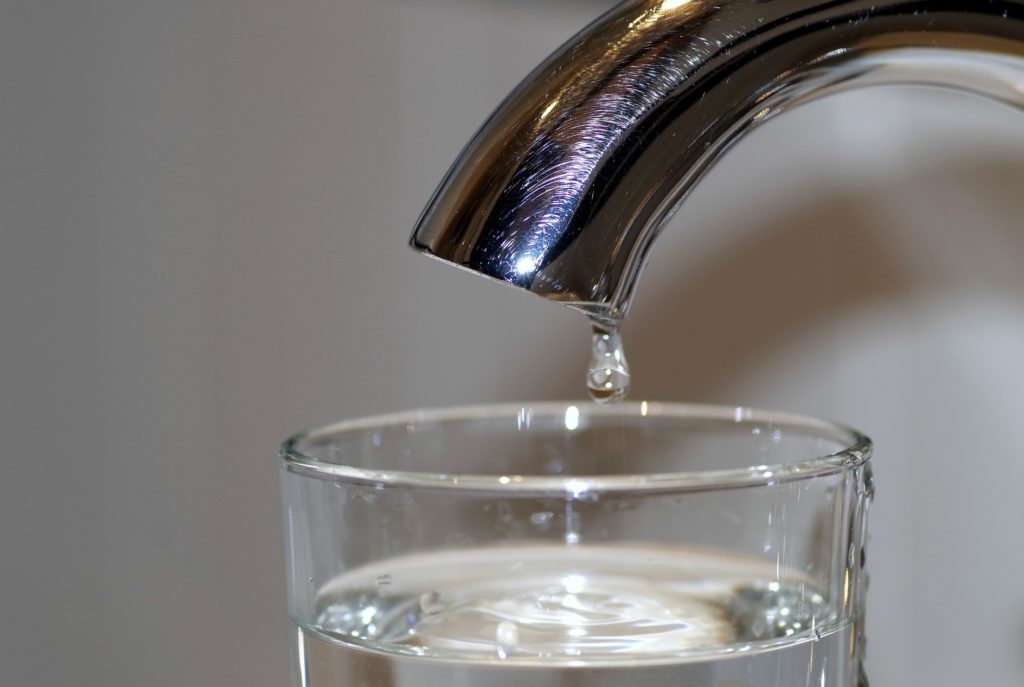The Complete Advice to Solving Low Water Pressure in Your Home
The Complete Advice to Solving Low Water Pressure in Your Home
Blog Article
What're your insights and beliefs about 10 Reasons for Low Water Pressure in Your House?

Low water stress in your house can be a frustrating trouble, influencing every little thing from bathing to washing dishes. If you're experiencing weak water flow, there are numerous possible causes and options to discover. In this overview, we'll discuss usual factors for low water stress and functional steps to attend to the problem successfully.
Introduction to Low Tide Stress
Low tide pressure takes place when the flow of water from your taps, showers, and various other fixtures is weak than normal. This can make everyday tasks more difficult and less reliable. Understanding the sources of low tide pressure is crucial to finding the appropriate service.
Common Reasons For Low Tide Stress
Faulty Stress Regulatory Authorities
Stress regulatory authorities are in charge of keeping consistent water pressure in your home. If they malfunction, it can cause low water pressure or irregular flow throughout the house.
Metropolitan Water Issues
In some cases, the issue lies outside your home. Metropolitan water system problems, such as main line leakages or maintenance job, can momentarily minimize water pressure in your location.
Pipeline Obstructions
Over time, pipes can become clogged with mineral deposits, sediment, or particles, restricting the flow of water. This is an usual concern in older homes with galvanized steel pipes.
Rust
Rust within pipelines can bring about leakages and decreased water pressure. Corrosion accumulation can constrict water flow, specifically in maturing plumbing systems.
Exactly How to Identify Low Tide Pressure
Checking Pipelines
Evaluate visible pipes for indicators of leakages, rust, or blockages. Take notice of any kind of uncommon noises, such as knocking or rattling pipes, which could suggest problems within the plumbing system.
Consulting with a Plumber
If you're incapable to pinpoint the reason for low water pressure, think about hiring an expert plumber to conduct a comprehensive inspection. They can determine underlying concerns and suggest proper solutions.
Checking Faucets and Components
Begin by checking the water pressure at different taps and components throughout your home. If the issue is isolated to certain areas, it might indicate localized problems.
Do It Yourself Solutions to Deal With Low Water Pressure
Flushing Water Heater
Debris build-up in the water heater can restrict flow and reduce efficiency. Flushing the tank regularly assists remove debris and maintain optimum efficiency.
Examining Pressure Regulator
Make certain that the stress regulator is operating appropriately. Changing or replacing the regulator can help bring back proper water stress throughout your home.
Cleaning Aerators and Showerheads
Natural resources can collect in aerators and showerheads, lowering water flow. Get rid of and cleanse these components routinely to improve water pressure.
Clearing Up Clogs in Water Lines
For minor blockages, try utilizing a plumbing snake or chemical drain cleaner to clear blockages in pipes. Be cautious when utilizing chemicals and follow security standards.
When to Call a Specialist Plumber
If DIY initiatives fail to settle the problem or if you presume substantial plumbing troubles, it's finest to look for aid from a licensed plumber. They have the expertise and tools to address complex problems safely and successfully.
Preventive Measures to Preserve Water Pressure
Installing a Stress Booster
Take into consideration mounting a stress booster pump to improve water stress in areas with constantly reduced flow. This can be specifically helpful for multi-story homes or buildings with high-demand fixtures.
Monitoring Water Usage
Be mindful of water use behaviors and stay clear of ill-using the plumbing system. Easy changes, such as incredible showers and laundry tons, can help keep sufficient water pressure.
Routine Maintenance
Schedule routine upkeep for your plumbing system to prevent concerns such as deterioration, leaks, and clogs. Attending to small issues early can aid stay clear of more considerable fixings later on.
Conclusion
Dealing with low tide stress can be aggravating, but identifying the underlying causes and executing ideal solutions can bring back ideal circulation throughout your home. Whether it's cleaning aerators, inspecting pipelines, or consulting with a plumber, taking aggressive steps can guarantee a stable supply of water for your daily needs.
HOW TO FIX LOW WATER PRESSURE IN YOUR HOUSE (EXPERT GUIDE)
The morning shower lacking any real pressure? Bathtub taking hours to fill? Or maybe you’re dissatisfied with the inadequate performance from your combi boiler?
Then you, like millions of others across the UK, might be experiencing low water pressure.
Fortunately, the good news is that you don’t have to continue living this way. The cause of low water pressure in the home is often quite simple, and you may not even require a plumber to fix the problem.
What causes low water pressure in the house?
If you are experiencing issues with water pressure throughout your home, then you may have one of the problems outlined below.
Most of these problems can be fixed quite easily, but for others, you may need to contact a plumber.
Obstructed Shutoff Valve
If you’ve just bought a new home or recently had building work conducted on your property, there is a chance that your water valves were not fully opened.
If the water valve is partially closed, then you may be restricting the amount of water entering your home. To fix this, simply ensure the valve is fully open.
If the valve appears fully open but you are still encountering reduced water pressure, then the valve may be broken. If this is the case, do not under any circumstances try to fix it without proper training.
Often found under your kitchen sink, a water valve will usually look like a bright yellow handle.
Again, if you believe the water valve is broken, contact a plumber immediately.
Leaks in Your Water Pipes
Leaks are the worst-case scenario when it comes to low water pressure.
If the water pipes are damaged, then this will cause low water pressure, as not all the water will make it to your taps.
After you’ve checked to see if the valve is fully open, you can conduct a leak check of your home. Now, this may seem scary, but it is actually quite simple.
Clogged Water Pipes
Clogged water pipes are one of the most common causes of low water pressure.
These clogs usually build-up when your home is supplied water via iron pipes. Iron is particularly vulnerable to rusting which can then break off and cause an obstruction within your system. You also face the problem of things like dirt, gravel or sand entering creating mineral deposits which further block water flowing from the mains water supply.
Unfortunately, if you suspect that clogged pipes may be restricting your water supply, then you will need to contact a plumber.
In this situation, you will either need to have your pipes removed and cleaned or in more severe cases, you could require a new set of water pipes.
Designer Taps
Designer taps look fantastic, but are they built to be efficient in your plumbing system? Modern taps are built for modern homes and they often have lower flow rates that are specifically designed for use within high-pressure systems.
Install a Water Pressure Booster Pump
If the issue is simply that the mains water pressure supply is too low, the simplest fix is to invest in a booster pump. Found in homes of all shapes and sizes, booster pumps are a relatively cheap option to add extra pressure to your home.
Designed to increase water pressure by passing water into the pump from your mains supply and then ejecting it into your home water system at a higher pressure, a booster pump is a truly simple and effective solution to increasing water pressure.
https://www.anchorpumps.com/blog/the-plumbers-guide-to-fixing-low-water-pressure/

I stumbled upon that page on while doing a lookup on the internet. Do you know another person who is enthusiastic about the topic? Do not hesitate to share it. We thank you for your readership.
Call Report this page